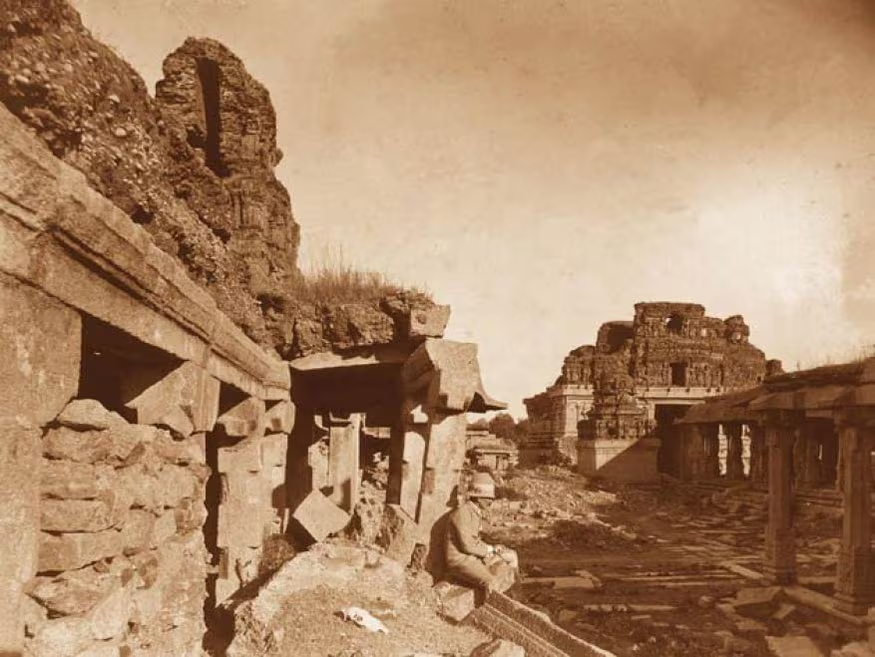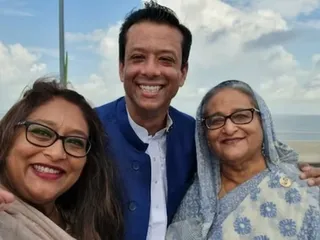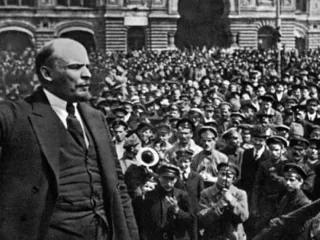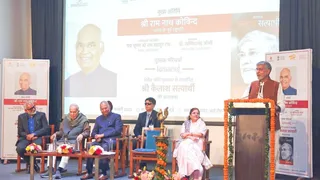Here’s a comprehensive approach to studying UPSC History with a focus on the key topics, sources, and strategies.

Tips for UPSC History Preparation
1. Focus on NCERTs for a Strong Foundation
- Start with NCERTs for Ancient History, Medieval History, and Modern History. Books like RS Sharma’s Ancient India and Bipin Chandra’s Modern India provide clarity on major topics.
- For World History, Norman Lowe and Arjun Dev are excellent sources. Use NCERT class 11 and class 12 for ancient and modern history to solidify your base.
2. Understanding Ancient and Medieval History
- Ancient History for UPSC: Begin with RS Sharma's Ancient India (Old NCERT) and Upinder Singh's History of Ancient India. Focus on Indus Valley Civilization, Maurya Empire, and Gupta Empire.
- Important Figures: Chandragupta Maurya, Ashoka, Harshavardhana.
- Study Vijayanagar Empire UPSC and Bahmani Kingdom UPSC for insights into Medieval India. Focus on Delhi Sultanate UPSC (especially rulers like Alauddin Khilji and Sher Shah Suri UPSC).
3. Core Topics for Modern History
- Modern Indian History: Go through Bipin Chandra's Modern India and India’s Struggle for Independence. Understand major movements like the Ghadar Movement UPSC and Faraizi Movement UPSC.
- The Freedom Struggle is crucial—study from 1857 to 1947. Pay attention to Robert Clive UPSC, Warren Hastings UPSC, and important personalities like Babur UPSC and Hiuen Tsang UPSC.
4. Make Use of Previous Year Questions (PYQ)
- Solve Ancient History PYQ UPSC, Modern History PYQ UPSC, and Medieval History PYQ UPSC from UPSC Prelims and Mains.
- Practice with specific History PYQ UPSC Prelims and Mains (e.g., Ancient History PYQ UPSC Prelims, Ancient History Mains PYQ UPSC). This helps in identifying important themes and frequently asked questions.
5. Medieval History
- Study the rise and decline of major kingdoms like the Delhi Sultanate, Mughal Empire, and Maratha Empire UPSC.
- Vijayanagar Empire UPSC and the Maratha Confederacy UPSC are significant in the context of regional powers during the medieval period.
6. History Optional for UPSC
- For those opting for History as an Optional Subject, focus on topics like Ancient Indian History, Medieval India, and Modern Indian History in-depth.
- Recommended books: RS Sharma, Satish Chandra, Bipin Chandra, and Spectrum for Modern Indian History.
- Drishti IAS History Optional or Balyan Sir History Optional are excellent coaching resources for the History Optional syllabus.
7. Study Strategy for World History
- World History PYQ UPSC: Study global events like the French Revolution, Industrial Revolution, and World Wars. Resources include Arjun Dev World History, Norman Lowe, and World History by Drishti IAS(English version).
- Understand major turning points such as the Collapse of the Soviet Union UPSC.
8. Use Online Resources for Efficient Learning
- Leverage BYJU’s IAS History, Vision IAS, Unacademy History Optional (by Byomkesh Meher, Suhail Turkie), or Pratik Nayak History.
- Platforms like Forum IAS and Clear IAS also provide World History and Modern History materials tailored for the UPSC exam.
9. Focus on Important Movements
- Study movements like Wahabi Movement UPSC, Ghadar Movement UPSC, and the Faraizi Movement UPSC which have appeared in past years.
- The Maratha Empire UPSC and Mughal Empire UPSC are key topics for Medieval History.
10. Geography & Mapping
- Use History Mapping UPSC to connect events with geographical locations (e.g., Rajatarangini UPSC, Magadha Empire UPSC). This enhances spatial understanding and improves memory retention.
11. Practice with Top Resources
- Refer to the SPECTRUM for UPSC, Balyan Sir History Optional, and Vision IAS History Mains 365 to get key insights on topics and important dates.
- Use Sandeep Baliyan’s History Optional or Manikant Sir History Optional (World History For UPSC (Hindi) By Manikant Singh) for comprehensive guidance on UPSC History Optional preparation.
12. Revise Using NCERTs and Specialized Resources
- Revisit NCERT for History UPSC to reinforce your understanding. Utilize Old NCERTs for History like RS Sharma Ancient India and Satish Chandra Medieval India.
- The NCERT History for UPSC in Hindi can be used if you are comfortable with Hindi for better understanding.
13. Consistent Revision
- History requires periodic revision to retain vast amounts of information. History Optional PYQ UPSC and History Mains PYQ UPSC should be revised multiple times to build strong recall during the exam.
Conclusion
Focusing on UPSC History, make sure to cover each phase thoroughly—Ancient History, Medieval History, and Modern History, using a mix of NCERTs, Standard books, PYQs, and Online resources. By utilizing Spectrum, RS Sharma, Drishti IAS, and other renowned resources, your preparation will be comprehensive and effective for both UPSC Prelims and Mains.
Good luck with your UPSC journey! Keep practicing and revising!


















